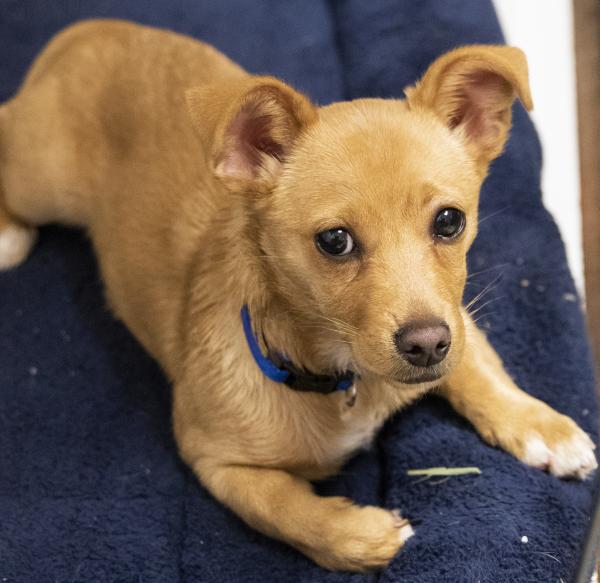March 19, 2020

We’ve finally turned the clock ahead, which means that the days are getting longer and spring weather is just around the corner. In the season of new beginnings, many of us take this opportunity to complete our annual deep-cleaning ritual.
This is the time of year we organize the garage, donate old clothing, and move furniture to get into all the nooks and crannies we tend to neglect. But before you pick up the duster, industrial vacuum, and bottles of solvents and cleaners, keep in mind that not all cleaning agents are pet-friendly.
The ingredients to avoid in household cleaners are phenols – a parent compound used as a disinfectant. If the label says “disinfectant”, “antibacterial”, or “sanitizer,” chances are it contains phenolic compounds, which can be toxic to dogs and cats.
Let’s run through a few common cleaners and how they can be used safely around your pets.
Bleach/Bleach Cleaners
There are countless products that contain bleach. However, if used properly, the risk of skin irritation or stomach upset is minute. Straight bleach should be properly diluted with water, and if using either a bleach solution or cleaner, it’s important to thoroughly rinse and air dry. Bleach odor can be overpowering for both pets and humans alike, so use it in well-ventilated areas.
Carpet Shampoo
They can cause skin irritation or stomach upset, but most are safe for households with pets. Make sure the carpet is completely dry before allowing pets to re-enter the area.
Carpet Deodorizing Powders
If ingested, they can cause respiratory irritation, resulting in coughing, sneezing, or a runny nose. Keep pets out of the room until you have vacuumed up the powder – and make sure to do a thorough job, as it can linger deep inside the carpet fibers. If your pet comes in direct contact with the powder, you should wash their paws with soap and water to avoid skin irritation.
Aerosol Air Fresheners and Disinfectants
Chemicals common in many popular air fresheners and disinfectants can cause skin irritation, as well gastrointestinal issues. When spraying, make sure the pets are out of the room and do not come in contact with any surfaces until they are dry.
Floor Cleaners
When it comes to cleaning floors, many of us prefer the quick and easy method, like disposable microfiber pads that spray a cleaning solution. The chemicals in these products are usually diluted, which means they do not present serious health risks to pets.
If you opt to use the traditional mop and bucket, be sure to dilute the solution properly with water, and always make sure the floors are dry before allowing pets back into the area.
Taking the time to find household cleaning products that will not create unnecessary risks for your beloved pets, and taking care to use them properly, will ensure clean and healthy living spaces for everyone in your household!
Mary Nee, a Dorchester resident, is the president of the Animal Rescue League of Boston. Pet questions? Email ARL at press@arlboston.org.



